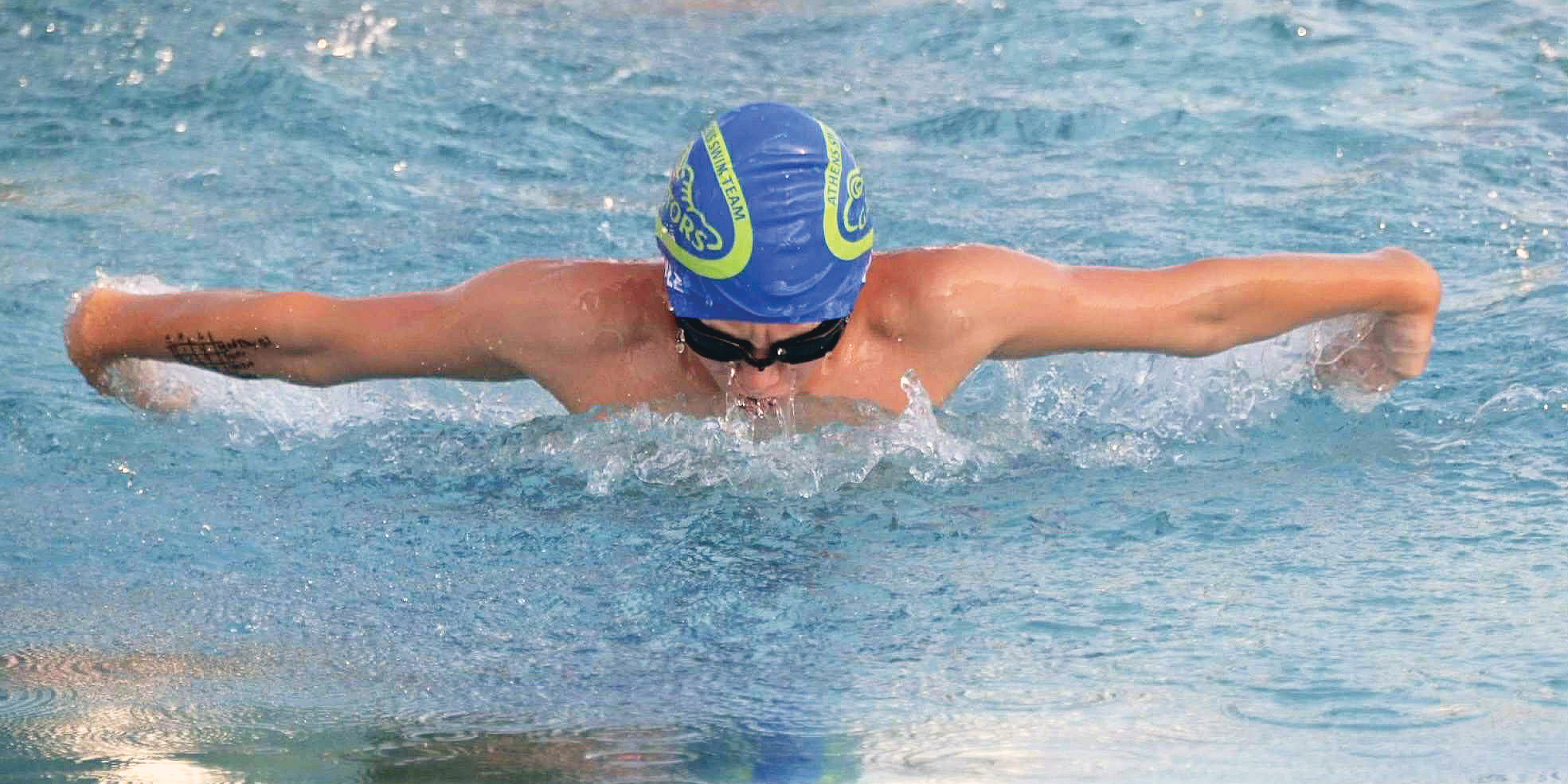Remembering the soldier
Published 7:15 am Saturday, November 11, 2017
While growing up in Athens in the 1950s, I used to see this man walking the streets around my neighborhood in an intoxicated state. Almost every time I saw him, he was either standing near the service station on Brownsferry Street that we called “The Block” or entering or exiting one of the many bootleggers’ houses that dotted the black neighborhood.
He often looked dazed and sometimes reeked of booze, but he was always neat and his shoes were shined to perfection. One day, while sitting in Mrs. Sammie Mason’s seventh-grade science class, I saw him stumbling along Allyn Street, apparently headed nowhere. After class, with the curiosity of an 11-year-old, I asked Mrs. Mason about him. She said that he was a soldier who had served in Korea and was shell-shocked. She also told me he had graduated from Trinity and had volunteered to serve his country.
I began to pay closer attention whenever I saw him, and I realized that he carried himself with a certain dignity. He was respectful to everyone and was always clean-shaven with close-cropped hair. Eventually, I would speak whenever I saw him, and he always returned my greeting with a pleasant smile.
After a while, I did not see him anymore, but a few years later, after I became a soldier, I often wondered what demons he had incurred while fighting to make his country free.
After I returned home from Germany, I spotted him in the crowd at the laying of a memorial marker at Hine-Hobbs Cemetery honoring 38 African-American soldiers who had fought in all of America’s wars, dating back to the Civil War. From a distance, he looked well.
When the ceremony was over, I went over and talked to him. I discovered he had been in some of the toughest fighting in Korea and had been wounded and received a Purple Heart. He also spent numerous months in a military hospital and had received a medical discharge. Now I understood where the booze came from.
When I spoke to him then, however, I did not smell any booze. It seems he had conquered his demons.
After our talk, I went around and gathered as many colonels, majors and sergeant majors that I could find, and we all walked over to him, saluted him and treated him like the hero that he was.
There are thousands — maybe tens of thousands — of soldiers in small towns throughout this nation. When you see them, regardless of the shape they are in, give them the respect they deserve.





